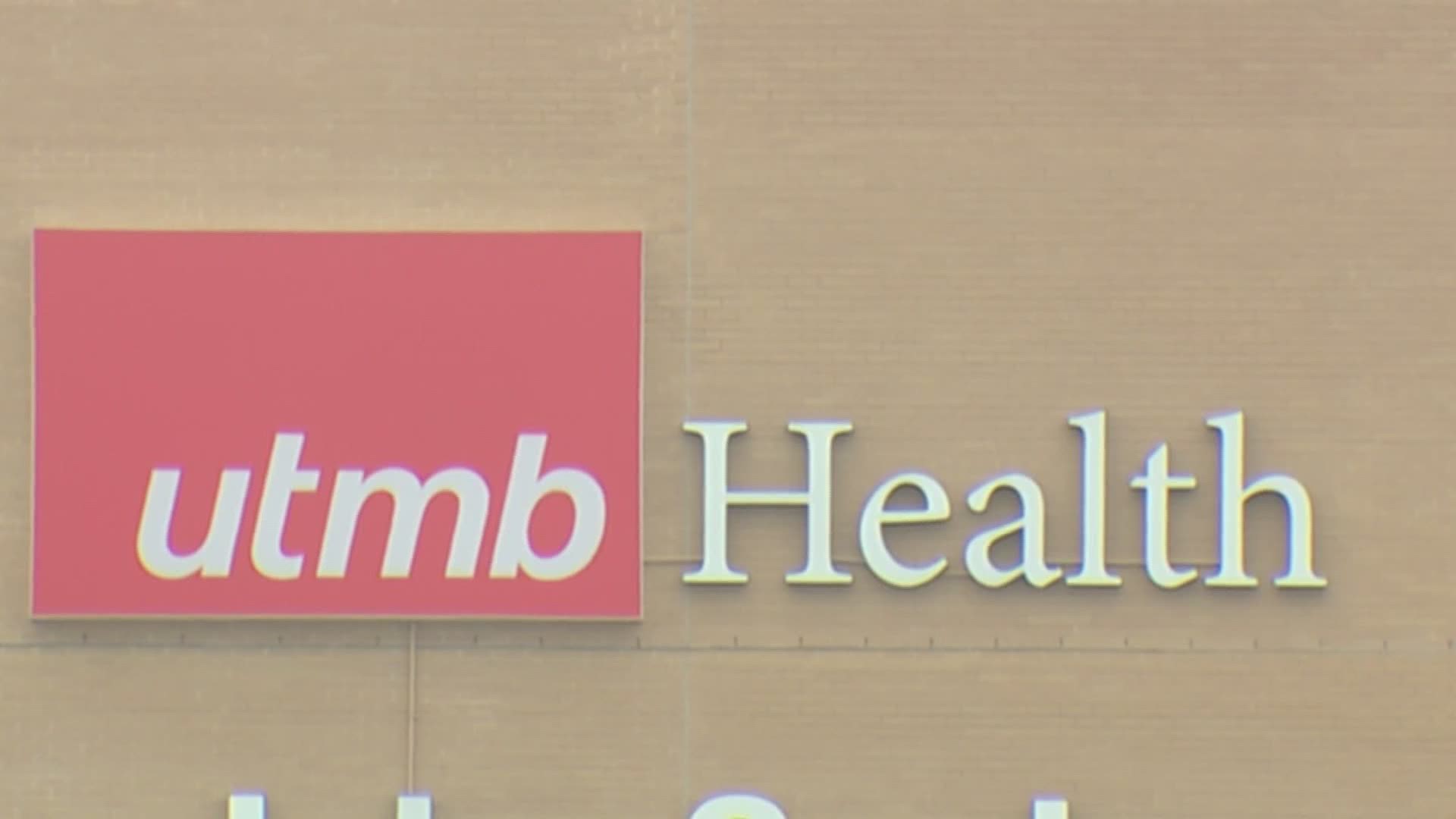GALVESTON, Texas — Body Mass Index is not something most people like to measure, but it’s important when measuring the risks of COVID-19. BMI is a measure calculated from a person’s height and weight.
The CDC says 42.4 percent of American adults are obese, more than 30 percent in Texas.
Researchers, like John Davis at the University of Texas Medical Branch on Galveston Island, are developing a calculator to help determine a person’s risk of serious COVID-19 illness using mainly their BMI and age.
“It’s important for the doctors, because they need to understand exactly how sick is this patient in front of me beyond what meets the eye?” said Davis, a doctoral student.
Davis said the tool can help hospitals decide how to allocate resources and help patients understand how sick they could get.
Their study found people with a BMI of more than 28 had a 202 percent increased chance of needing a ventilator or other comparable breathing treatments.
“It’s a pretty profound effect,” Davis said. “That really increases your odds.”
According to the CDC, a healthy BMI measures between 18.5 to 24.9. Overweight is considered 25 to 29.9. Obese is anything over 30.
The CDC highlights there are exceptions to those numbers; for example, an athlete might have a higher BMI but not be considered overweight.
The UTMB calculator is already being used at some hospitals, according to Davis, and researchers hope to roll it out nationwide once their research is concluded.
“We’ve all got to do our part, I think. Especially in Texas where obesity is a pandemic of its own. We have to be really careful to protect ourselves and our communities just from each other right now," Davis said.
To calculate your BMI, click here.

